Andriy Portnov had been no stranger to controversy. He was the architect of Ukraine's judiciary, corrupt and unreformed, and had been known to attack everyone who dared to speak out.
Portnov was the epitome of a Kremlin-friendly Ukraine of President Viktor Yanukovych, where fair trial was a luxury and civil liberties were a dream.
"It doesn't matter to us whether he was a useful idiot or a paid agent," Yaroslav Yurchyshyn, a lawmaker from the liberal Holos party, told the Kyiv Independent. "But he undoubtedly acted in Russia's interests."
"He was an architect of Yanukovych's corrupt system and personally influenced the appointment of judges," Mykhailo Zhernakov, head of judicial watchdog Dejure, told the Kyiv Independent.
His life ended in a way that symbolized that long-gone system — killed without a trial.
Until his last days, Portnov was reportedly wielding immense influence on the judiciary and interfering with the courts despite being absent from Ukraine for years.
Portnov has denied the accusations of acting in the Kremlin's interests and illegally interfering in the judiciary, suing news outlets that dared to make that statement.
Fighting with journalists, businessmen, politicians, and everyone else, the list of Portnov's enemies was immense. As such, the case in itself will be a complicated endeavor, as finding the perpetrators would be an uneasy task.
Controversial Ukrainian ex-official Portnov shot dead in Madrid, source says
Andriy Portnov, a former top official in Ukraine’s ex-President Viktor Yanukovych’s administration, was shot dead by an unidentified attacker or attackers outside the American School in Madrid, Reuters reported on May 21, citing a source close to the investigation.

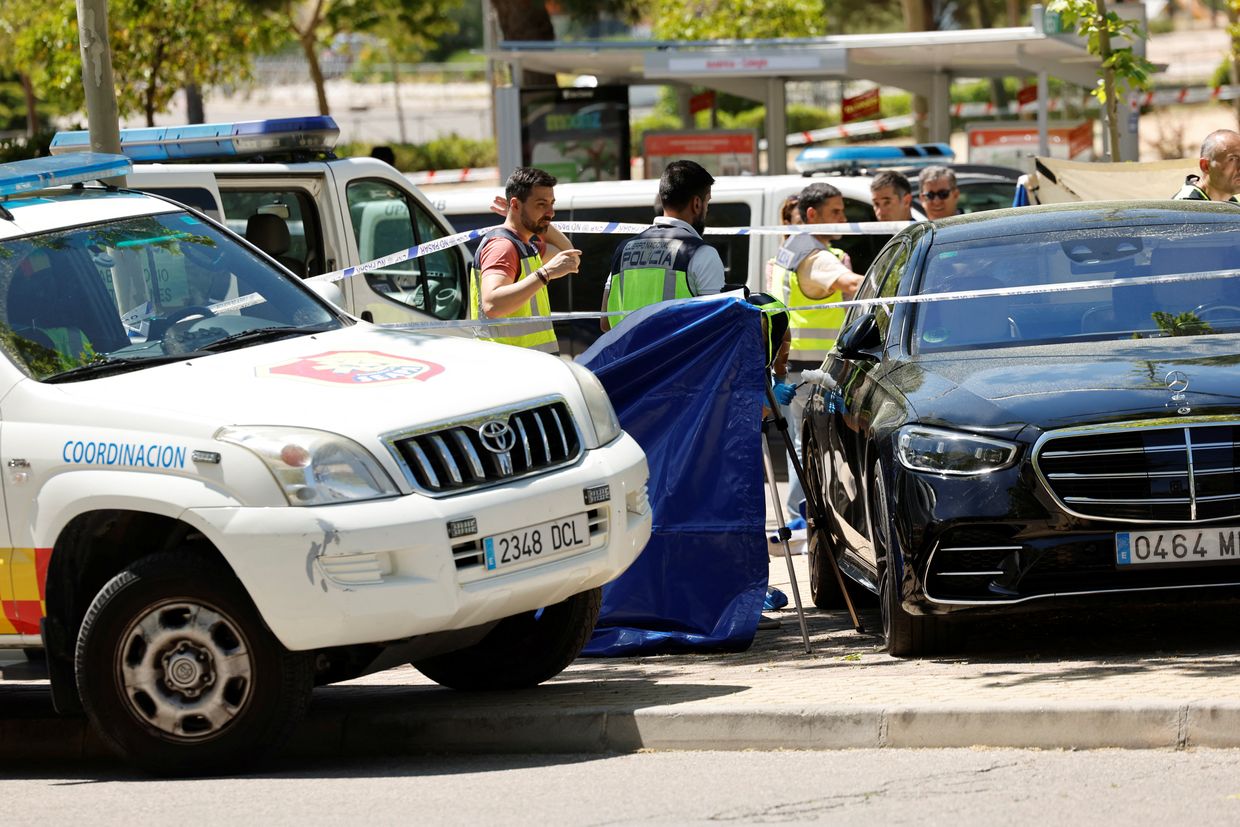
A career of ups and downs
Portnov, born in now-occupied Luhansk in 1973, had a law degree from the city's East Ukrainian National University.
In the 1990s and 2000s, he worked as a private lawyer and an official at the State Securities and Stock Market Commission.
From 2005 to 2010, Portnov was an ally of then-Prime Minister Yulia Tymoshenko and a lawmaker representing her party in parliament.
After Tymoshenko lost the 2010 presidential election to Yanukovych, Portnov switched to the latter and became his deputy chief of staff responsible for the judiciary. Tymoshenko, Yanukovych's main political opponent, was jailed in a politically motivated case at the same time as Portnov ran the judicial system in Yanykovych's interests.
Portnov also led the development of Ukraine's Criminal Procedure Code, which was adopted in 2012 and was later criticized for creating obstacles for a fair trial and obstructing the investigation of corruption.
Yurchyshyn said that, under Yanukovych, Portnov spearheaded the subordination of the judiciary to the presidential administration. The Ukrainian judiciary's current problems and challenges partially stem from Portnov's activities, he added.
In 2019, a judiciary source told journalists that would later found the Kyiv Independent that Portnov and Andriy Bohdan, who would later become President Volodymyr Zelensky's chief of staff, had pressured Petro Stetsyuk, a judge of the Constitutional Court, to issue a ruling to help Yanukovych monopolize power.
In 2010, a Constitutional Court ruling allowed lawmakers to switch parties, allowing dozens of lawmakers to leave Tymoshenko's party and join that of Yanukovych. Soon, the parliament was under Yanukovych's full control.
Bohdan did not respond to requests for comment.
After Yanukovych was ousted by the EuroMaidan Revolution in 2014, Portnov left Ukraine and moved to Vienna. He also bought real estate in Moscow and its vicinity, according to the Schemes investigative journalism project.
Ukraine's Prosecutor General's Office charged Portnov with embezzlement and abuse of power in 2014, but the case was later closed.
In 2018, the Security Service of Ukraine also opened a treason case against Portnov over his alleged participation in Russia's 2014 annexation of Crimea. However, he was not officially charged, and the case was closed in 2019.
Portnov was also sanctioned by the EU along with other top Yanukovych associates in 2014 but the sanctions were lifted in 2016 due to a lack of evidence in the criminal cases against him.
He kept his influence in Ukraine even after the EuroMaidan Revolution and owned the pro-Russian TV channel NewsOne in 2018.
Ukraine’s tainted judges get a helping hand from law enforcement to stay in office
As Ukraine struggles to reform its tainted judiciary, investigators and top officials are allegedly helping controversial judges to keep their seats. As part of the judicial reform, the High Qualification Commission was scheduled to vet 41 judges, including those from Ukraine’s two most dubious courts — the Pechersk Court and the

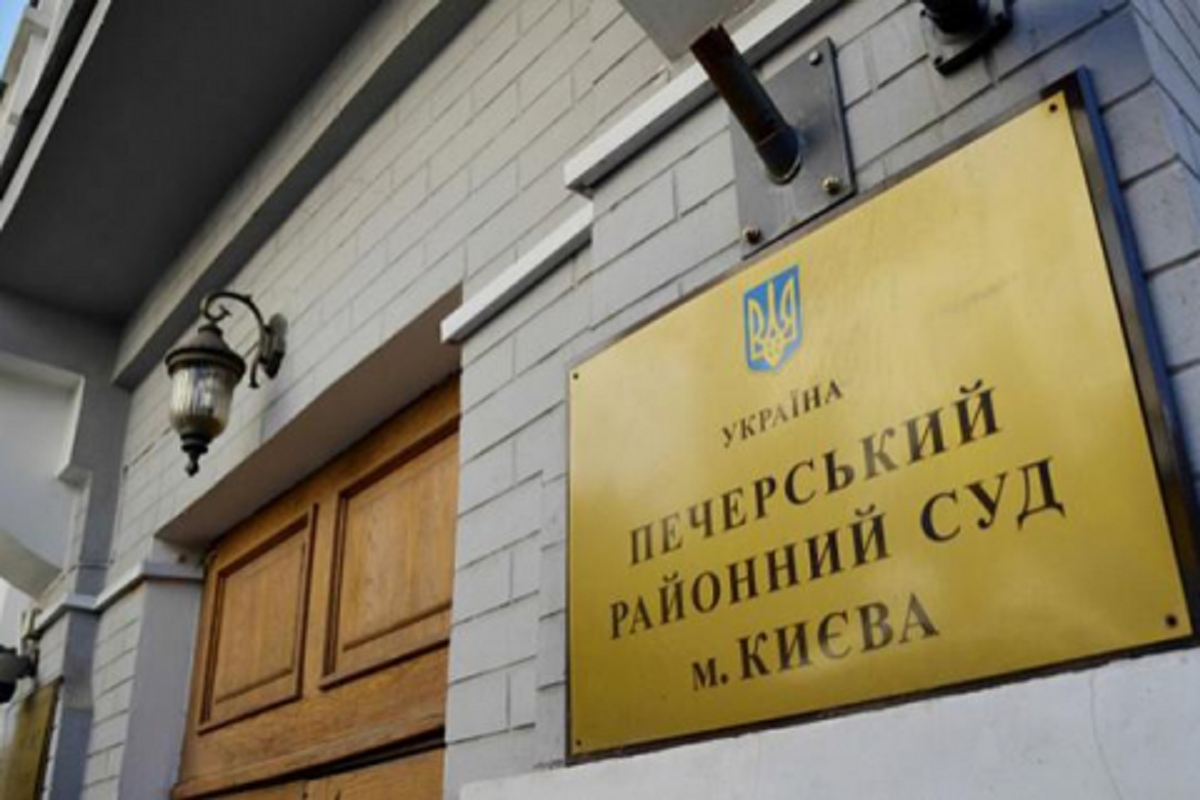
Portnov in Zelensky's Ukraine
After Zelensky was elected president in 2019, Portnov returned to Ukraine and reportedly increased his influence on the political system and law enforcement.
Bohdan, who was Zelensky's chief of staff from 2019 to 2020, said then that he had been friends with Portnov for many years. He had also been an aide to Portnov from 2007 to 2009.
Another Portnov associate, Oleh Tatarov, was appointed Zelensky's deputy chief of staff in charge of law enforcement in 2020. Tatarov had defended Portnov's interests as a lawyer after the EuroMaidan Revolution.
Tatarov also gained notoriety after being charged with bribery in 2020, although the case against him was dropped by law enforcement and closed the following year. For anti-corruption activists, he has become a symbol of Zelensky's tolerance for graft.
Under Zelensky, Portnov initiated several criminal cases against ex-President Petro Poroshenko, Zelensky's main political opponent.
Portnov also maintained links with Ukraine's most controversial judge, Pavlo Vovk.
Vovk has become a symbol of lawlessness and corruption in Ukraine. He has been charged in several cases for alleged obstruction of justice and corruption, sanctioned by the U.S. in 2022 and eventually fired in 2025.
In 2019, Portnov, Bohdan, and Vovk allegedly discussed appointing Oleksandr Tupytsky as chairman of the Constitutional Court, according to audio recordings cited by news outlets Slidstvo, Censor, and the Kyiv Post at the time.
Tupytsky became the court's head the same year, and under his leadership, the Constitutional Court undermined several anti-corruption reforms, including by destroying the online asset declaration system for top officials.
Tupytsky was fired and charged in several criminal cases in 2021. He fled Ukraine and moved to Vienna in 2022.
Yurchyshyn argued that, through Tupytsky's court, Portnov undermined Ukrainian reforms in the interests of Russia since they jeopardized the country's European integration.
Both Portnov and Tupytsky were sanctioned by the U.S. in 2019.
The U.S. Treasury Department said that "in mid-2019, Portnov colluded with a high-ranking Ukrainian government official to shape the country's higher legal institutions to their advantage and influence Ukraine's Constitutional Court."
The department also said that Portnov "took steps to control the Ukrainian judiciary, influence associated legislation, sought to place loyal officials in senior judiciary positions, and purchase court decisions" in 2019.
Portnov and Vovk also influenced the appointment of Bohdan Monich as head of Ukraine's Council of Judges, a self-regulation body, in 2019, according to audio recordings cited by Slidstvo. Monich did not respond to a request for comment.

The Council of Judges regulates the daily work of the country's judiciary, the control of which allegedly gave Portnov once again vast powers over the country's unreformed court system.
After Russia launched its full-scale invasion of Ukraine, Portnov left Ukraine in June 2022, according to the Schemes news outlet.
While abroad, Portnov has been eager to whitewash his reputation, tainted in Ukraine.
He routinely filed libel lawsuits against independent media that criticized him, reportedly using his influence over the judiciary to win cases.
One of the lawsuits was filed against several media outlets and Olga Rudenko, the chief editor of the Kyiv Independent, over an article in which he was referenced as being "pro-Russian."
The lawsuit concerned a story by Glib Kanievskyi, then a Ukrainian journalist and currently a defense ministry official, published in several news outlets, including the Kyiv Independent, in September 2023. A Kyiv court ruled in Portnov's favor in September 2024.
In a separate case, Portnov published the detailed information about journalists investigating him, including a car license and a home address adding that the journalists should be “careful” driving at night.
"It was systematic work aimed at hampering the functioning of independent media," Yurchyshyn said.
Ukraine’s judicial reform relaunch shows mixed results so far
In late 2023, Ukraine finally re-launched the process of vetting judges as part of a long anticipated judicial reform – a key condition for Ukraine’s accession to the European Union. Four months later, the results are mixed. On the one hand, the High Qualification Commission, a top judicial body, has approved

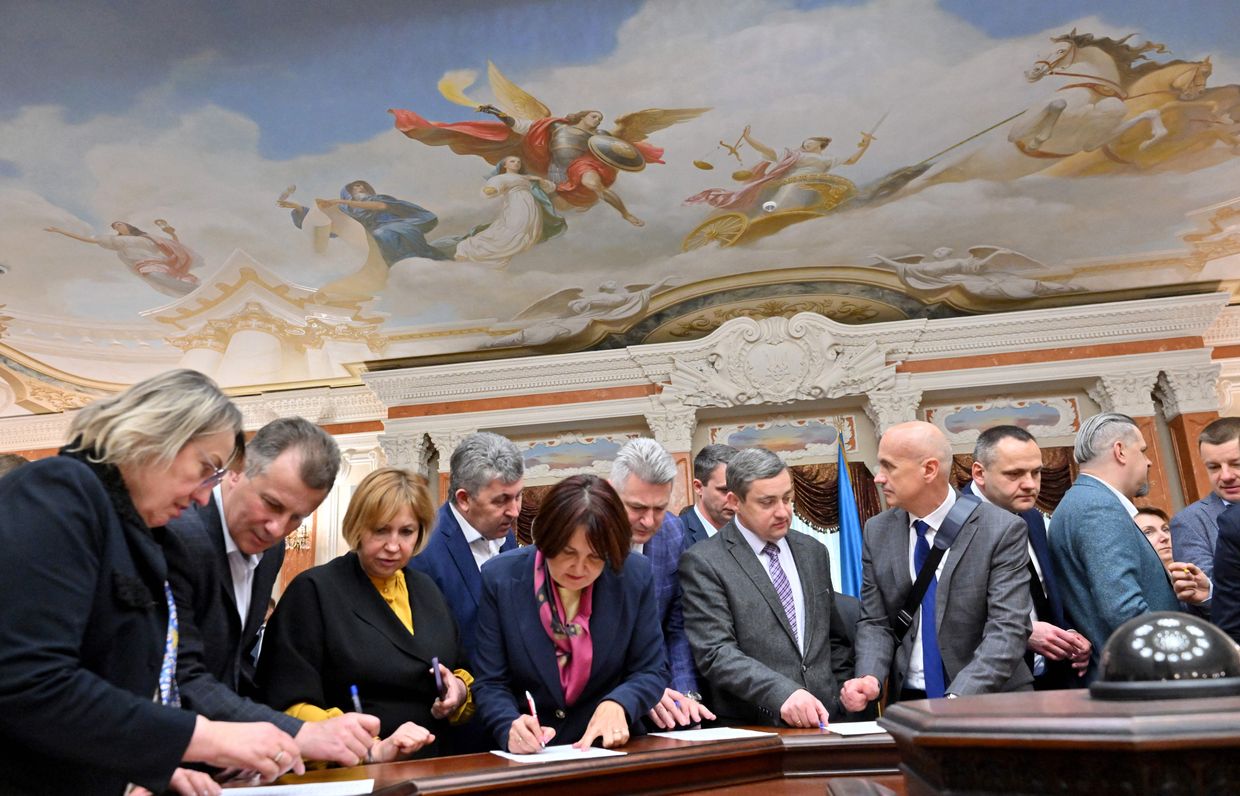
Portnov's last day
Portnov, whose location wasn't known to the wider public, was shot dead by unidentified attackers outside the American School in Madrid on May 21.
The shooting took place at around 9:15 a.m. local time, with Portnov being shot at five times and suffering at least three wounds to his head and torso, Spanish newspaper El Pais reported, citing undisclosed police sources.
The shot to the head proved fatal, the outlet wrote.
Two or three people are believed to be involved in the attack, though no arrests have been made so far. The newspaper's sources suggested debt issues as a possible motive.
Criminal proceedings are underway.
Ukraine imposes sanctions on petty pro-Russian politicians, yet ignores most high-profile ones
Editor’s Note: This story is the result of an investigation by StateWatch, a Ukrainian expert organization advocating for the principles of good governance, into how Ukraine imposes sanctions against high-profile pro-Russian individuals, many of whom are under sanctions in the U.S., UK or EU. The author, Hlib Kanevsky,

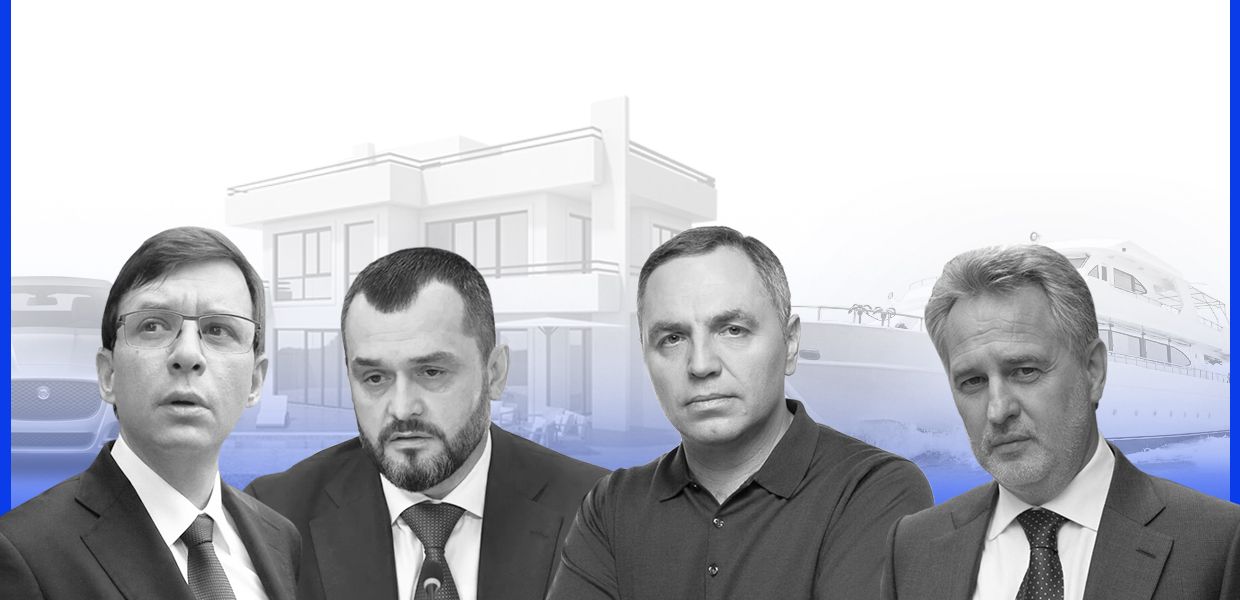
.png)
 German (DE)
German (DE)  English (US)
English (US)  Spanish (ES)
Spanish (ES)  French (FR)
French (FR)  Hindi (IN)
Hindi (IN)  Italian (IT)
Italian (IT)  Russian (RU)
Russian (RU)  6 hours ago
2
6 hours ago
2
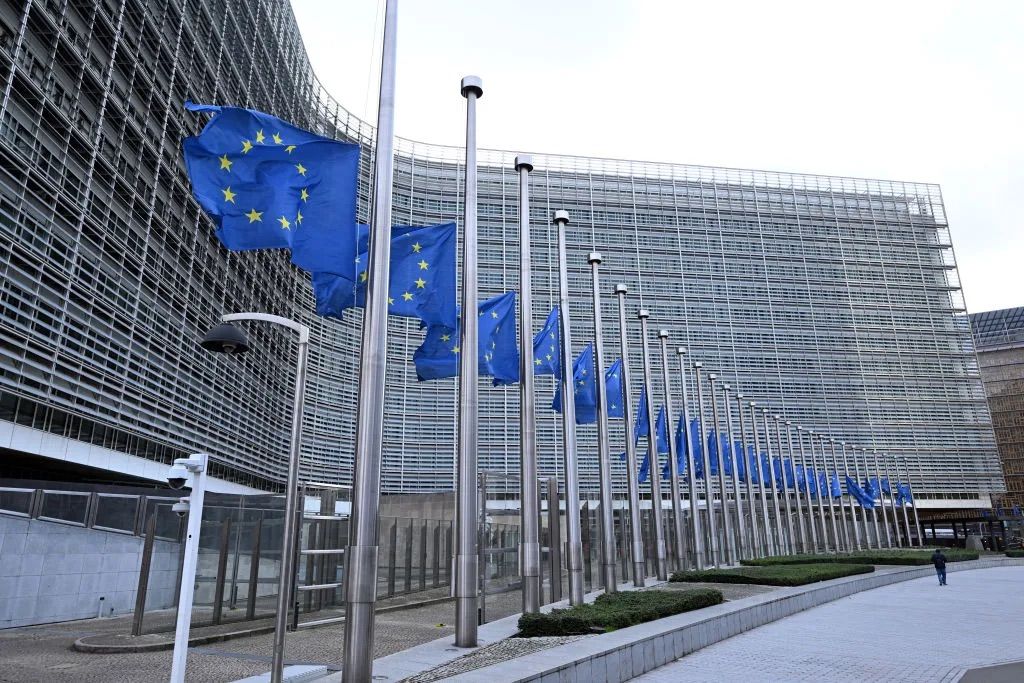
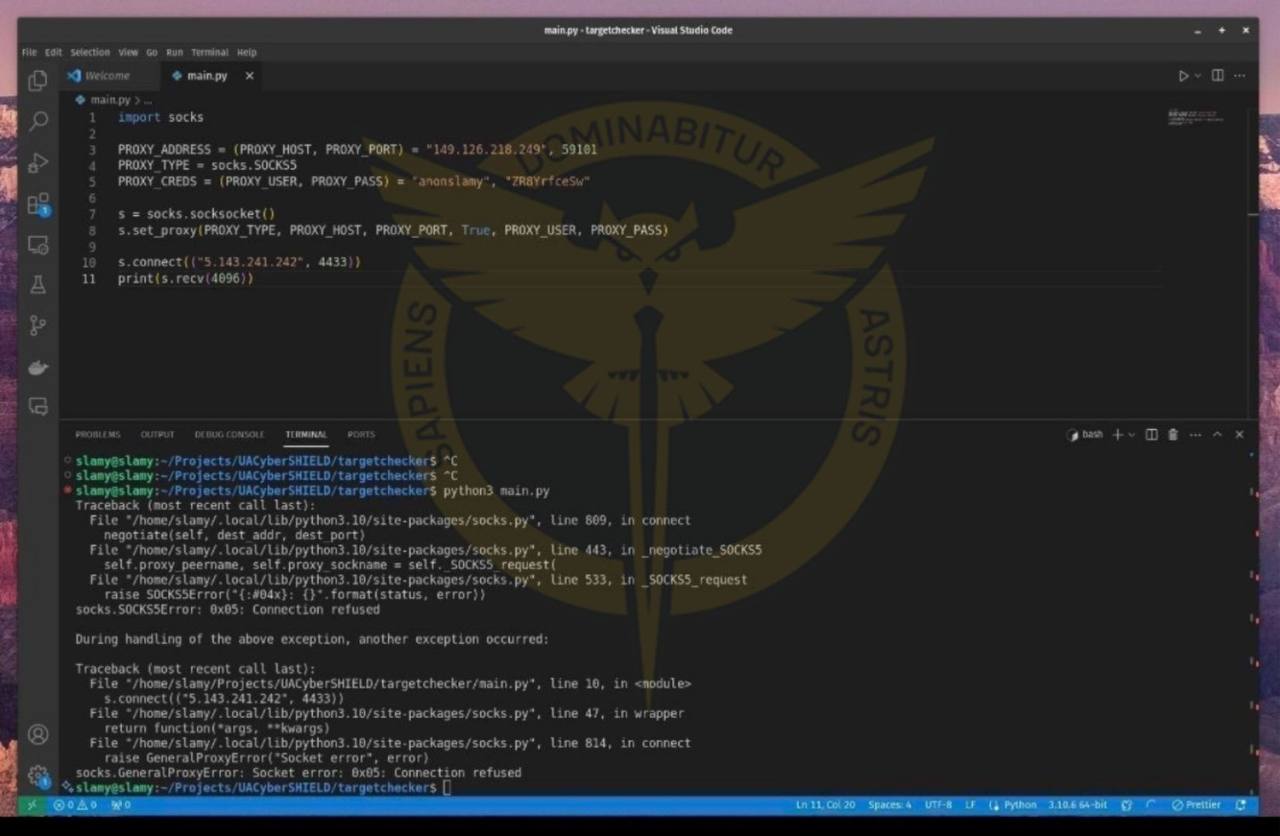
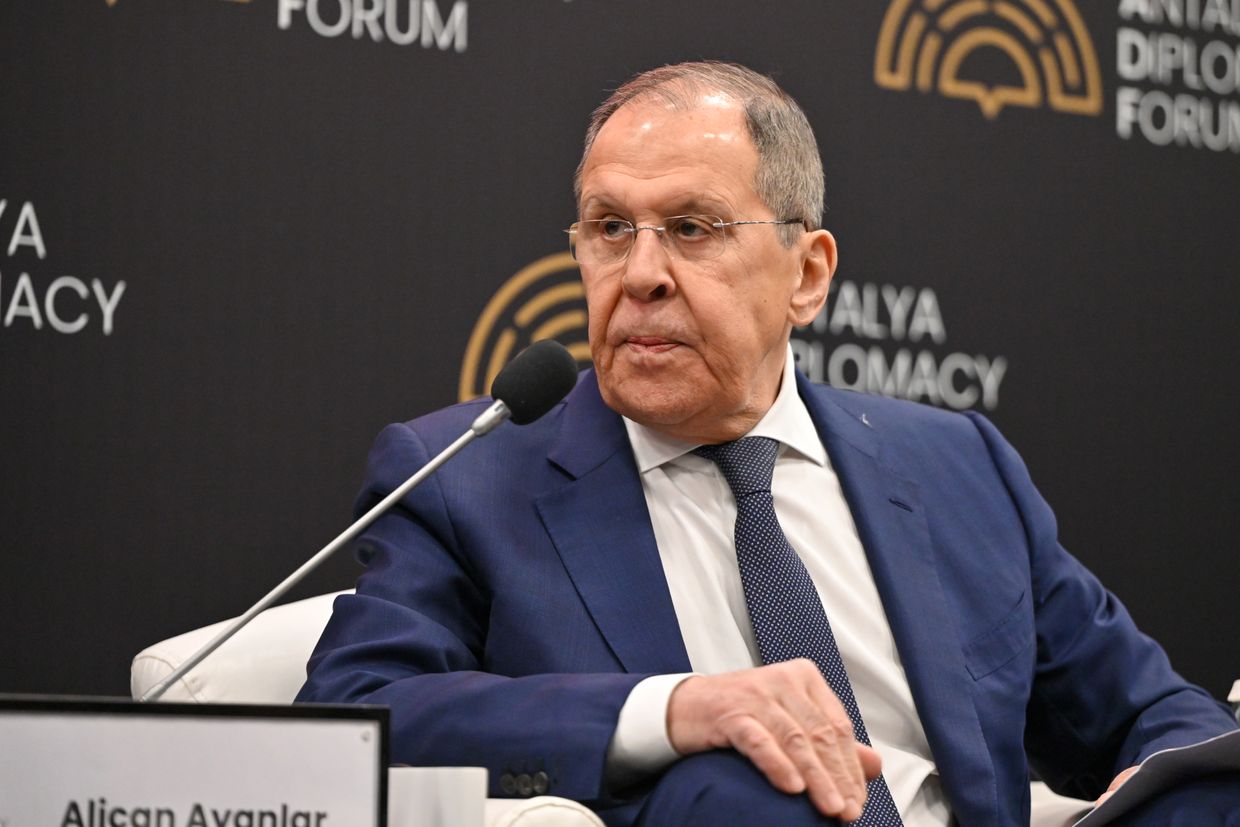



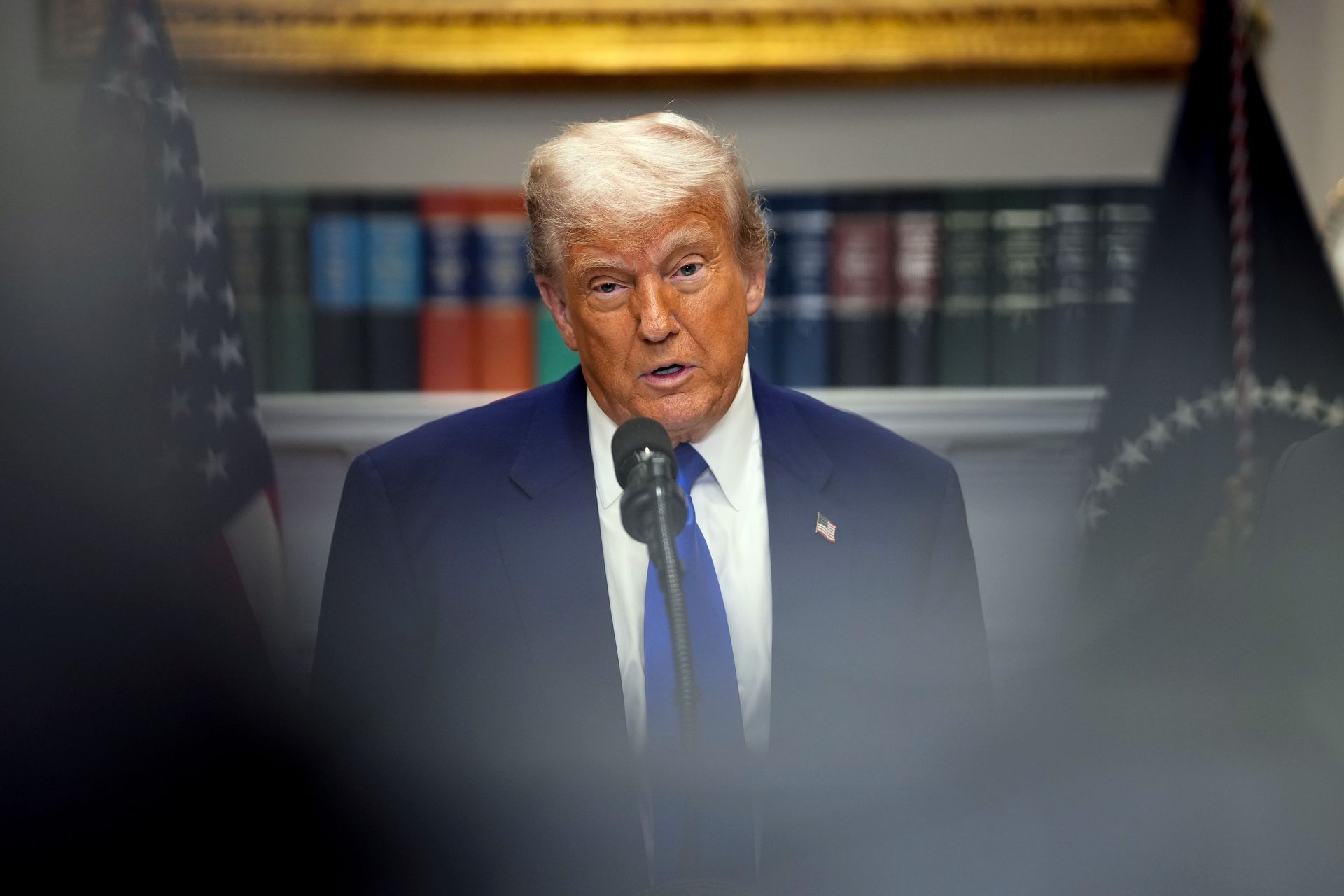


Comments